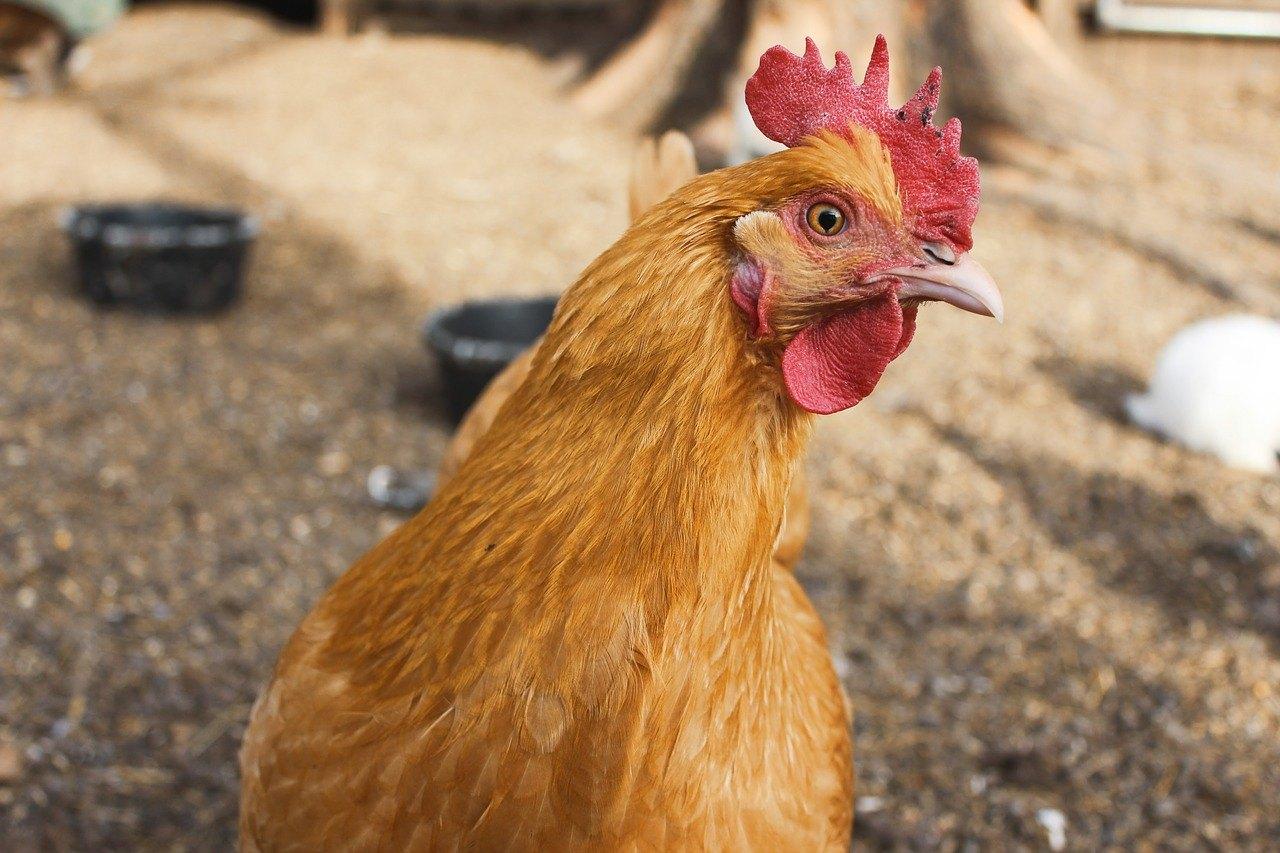
My first job as a newspaper journalist was in the Ozark Mountains of Northwest Arkansas — the heart of America's industrialized poultry system. A Tyson processing plant stood a mile from my office, filling the air with the aroma of fried chicken. As I drove through the countryside at night, I would pass row after row of poultry houses — their bleak interiors illuminated by the constant glow of fluorescent lights.
Through the windows, I could see the birds packed like sardines, staring blankly into the darkness like so many concentration camp prisoners. It was eerie — and it was one of the reasons I started buying organic poultry.
Like many, I believed an organic label signified a higher standard of living for farm animals — that they had access to the outdoors, dirt, grass, maybe even a bug or two upon which to nibble.
It turns out I was largely wrong — though thanks to a new rule enacted this week by the USDA, that might soon change.
The regulations — finalized Wednesday, only two days before President Barack Obama left office — will ensure organically-grown livestock have enough room to lie down, turn around, stand and extend their limbs.
The chickens are the real winners. The USDA already revised its rules around cattle and other grazing mammals in 2010, requiring that they receive at least 120 days of grazing each year. But chickens enjoyed no such protection — until now.
By the new rule, poultry producers will be required to give their birds enough room to move freely and spread their wings. Farmers will also be prohibited from removing birds' beaks and required to provide access to fresh air, good ventilation and direct sunlight.
Competition, consolidation and consumer expectations
The move was a long time coming. Animal welfare and consumer advocates have for years pushed the USDA to clarify and strengthen the requirements for the organic certification of meat and eggs. That's because existing rules, while quite granular on questions of pesticide use and other growing practices, have relatively little to say about the treatment of animals.
This silence left the door open to very different interpretations of the law, distorting the competitive landscape, and resulted in confusion — even disillusionment — among consumers.
“There are lofty ideals in the current standards,” Suzanne McMillan of the American Society for the Prevention of Cruelty to Animals told Civil Eats last year, when the new standards were first proposed. “There are references to ability to engage in natural behavior, comfort behavior, the reduction of stress. But the USDA organic program really is failing to meet both the spirit of organic and consumer expectations around animal welfare.”
The ASPCA conducted a phone survey in 2014 to get a clearer picture of what those expectations were. Of 1,000 consumers surveyed, 68 percent said they expected animals raised on organic farms to have "access to outdoor pasture and fresh air throughout the day." And 67 percent said they expected them to enjoy "significantly more space to move than on non-organic farms.”
Many smaller producers are already in touch with these expectations and will meet or exceed the new requirements without significant operational changes. However, those who don't are an important minority.
Organic food is big money these days. The sector grew by more than 11 percent from 2014 to 2015 — to nearly $40 billion. This growing consumer interest has led to consolidation within the industry — with larger, established brands spinning off organic divisions and gobbling up smaller companies.
In the push for profits, the question of what it means to be organic has been muddied.
Broken promises, broken eggs
Even before Wednesday's rule change, the USDA's National Organic Program made some provisions for animal wellbeing. For instance, the rules demanded “living conditions which accommodate the health and natural behavior of animals,” as well as access to "the outdoors, shade, shelter, exercise areas, fresh air, clean water for drinking, and direct sunlight."
That's about as specific as it got, though — leaving the door open to trouble. The egg industry is a case in point.
The Cornucopia Institute in a 2015 report noted that practices among organic producers in the U.S. varied widely — from smaller, pasture-based farms where chickens had almost constant access to the outdoors to large, enclosed aviaries that could house thousands of hens with only a few, small openings. Most chickens raised in such environments never even stepped foot onto soil.
"In some of these situations, enclosed porches, accessible to only a small percentage of the birds, pass as 'outdoor access,'" the report's authors wrote. "Industrial egg producers sometimes house as many as 1 million or more birds on such organic 'farms,' frequently using two-story barns and aviary-type systems described by one organic producer as 'glorified cages.'"
The regulations adopted this week eliminate that ambiguity — creating minimum space requirements and demanding producers provide birds with daily access to the outdoors. Enclosed porches are specifically prohibited by the rule, and outdoor areas must include vegetation and soil.
Response varied
The announcement was lauded by animal welfare activists, consumer groups and many within the organic farming industry.
“It has been a long road to this historic moment, and we commend the (National Organic Program) for its determination to see this new rule through,” Deborah Press, director of ASPCA's regulatory affairs division, said in a statement.
“For more than a decade, many large-scale organic producers have profited from the organic label’s good reputation, charging premium prices while subjecting animals to factory farm-like conditions. The ASPCA and its 2.5 million supporters look forward to seeing the rule implemented in the new administration.”
However, other stakeholders — including lawmakers and representatives of Big Ag — argued the rule could increase prices, imperil public health and put some producers out of business.
Senate Ag Committee Chairman Pat Roberts, R-Kan., was a vocal opponent of the new regulations. In a statement released after the final rule was published, Roberts said the Obama administration had "overstepped" in publishing the rule on the eve of the inauguration.
“This rule has serious potential to force organic farmers and ranchers out of business and is widely opposed by those very folks who are affected the most by this rule," he said. "Prices for consumers could rise, and animal health could be put at risk, which may decrease food safety. I will work with USDA under the new Administration to see what can be done to ease this overregulation on our hard-working farmers and ranchers.”
It's worth noting that Roberts has accepted hundreds of thousands of dollars from agribusiness in recent years, as has Michigan Democrat Debbie Stabenow, the panel's ranking member. Though less strident than Roberts, Stabenow also expressed disappointment that the new rule didn't address concerns about animal health, consumer access and farmers' wellbeing.
“While I support high standards for animal welfare in the organic industry, I believe USDA missed an opportunity to do this in a way that did not risk unintended consequences," she said in her own statement. "I will continue to work with USDA and my constituents to address their concerns.”
Not all portions of the new rule will take effect immediately — leading some to worry that the incoming administration might try to roll back some or all of the new protections. The industry will have three years to comply with the indoor access provision and five years to comply with the outdoor access provision. The remainder of the rule will take effect in a year.
Image credit: Pixabay

T.S. Strickland is the founder of Neon Tangerine — a branding, strategy and experience shop focused on food, tech and social good. His writing has appeared in Impact Alpha, Entrepreneur, the Food Rush and elsewhere.














